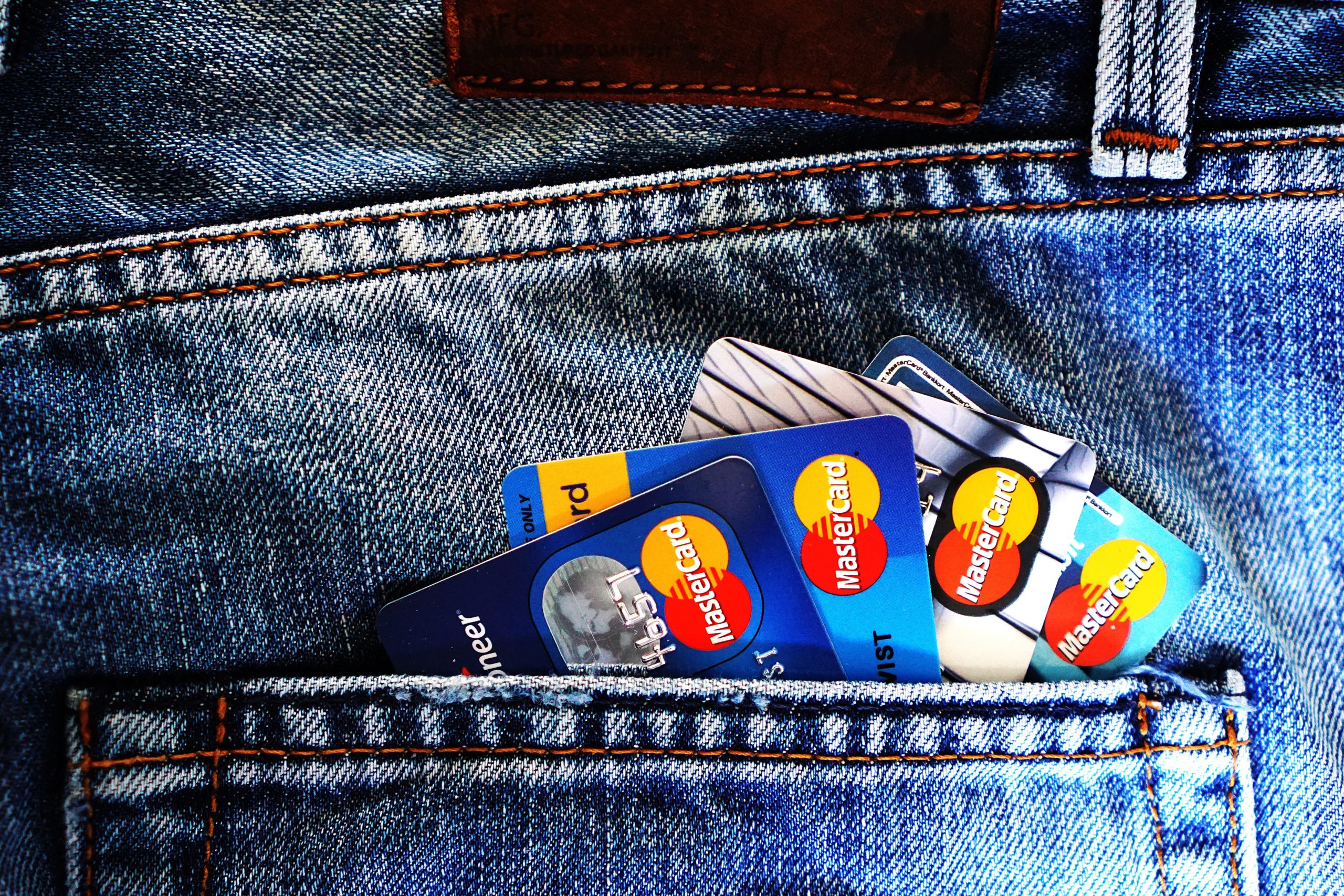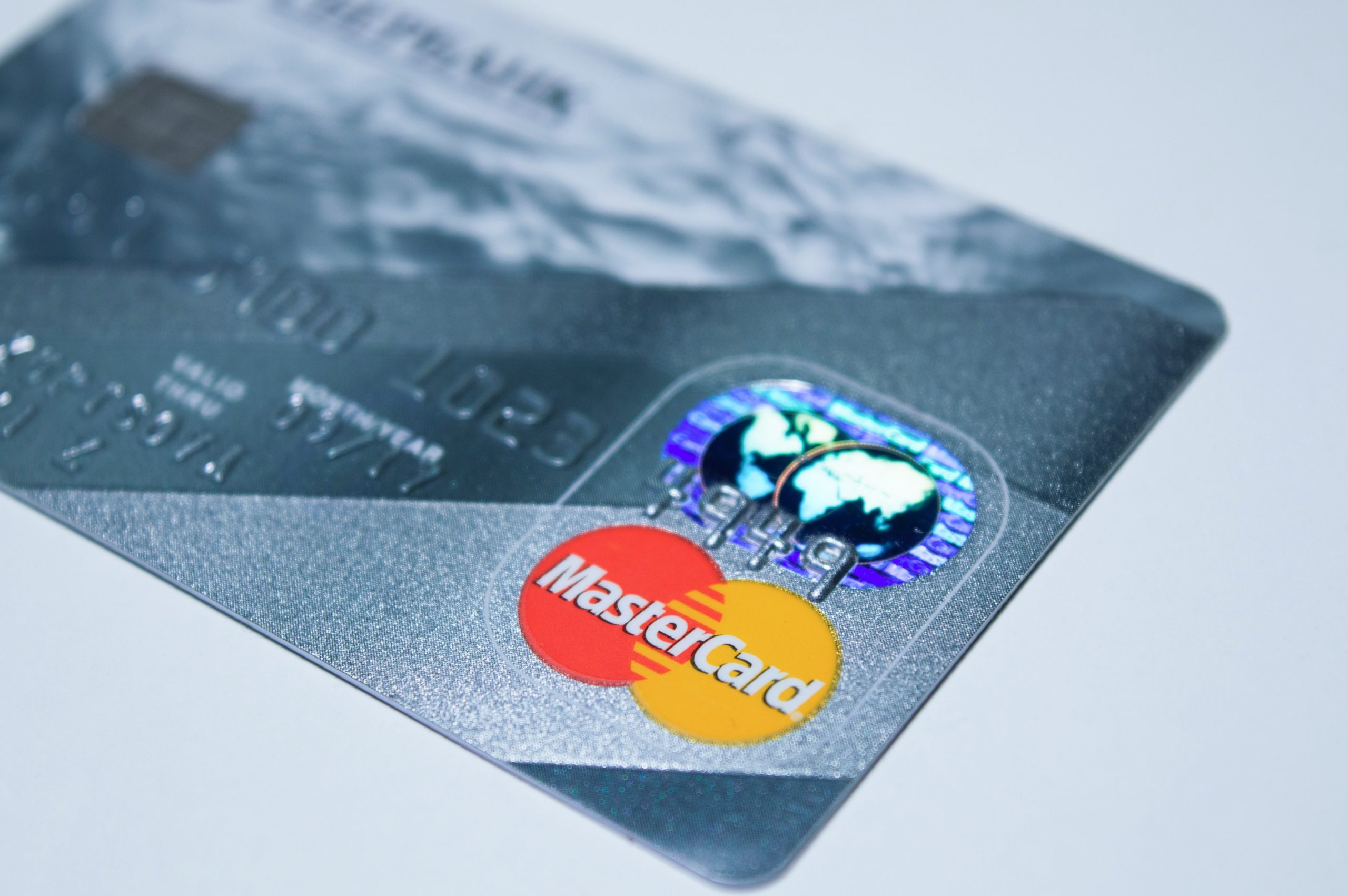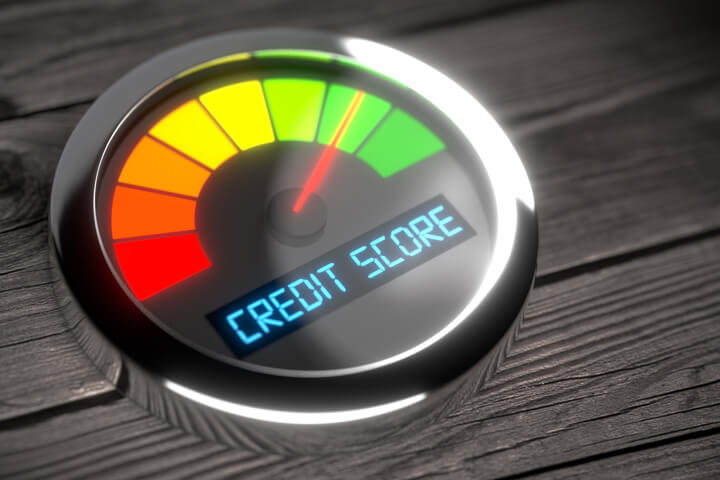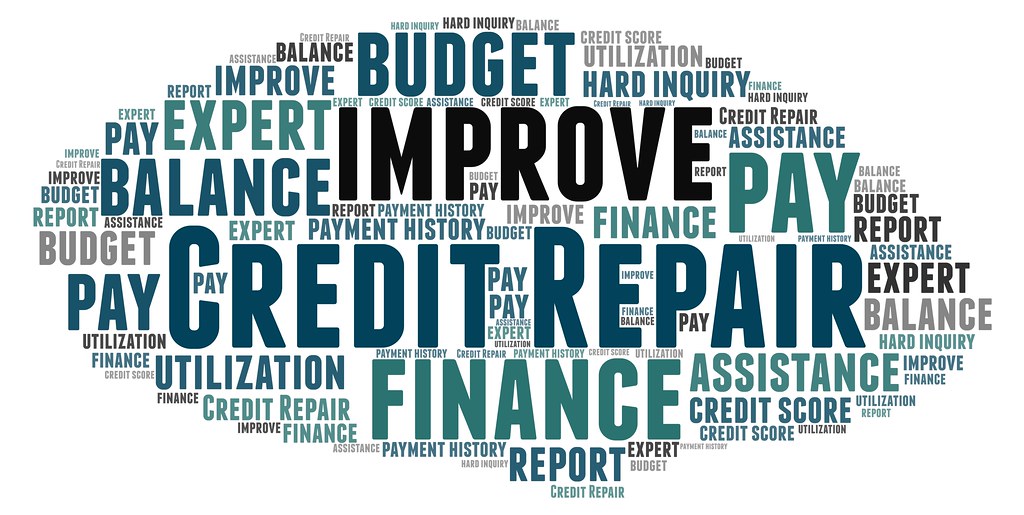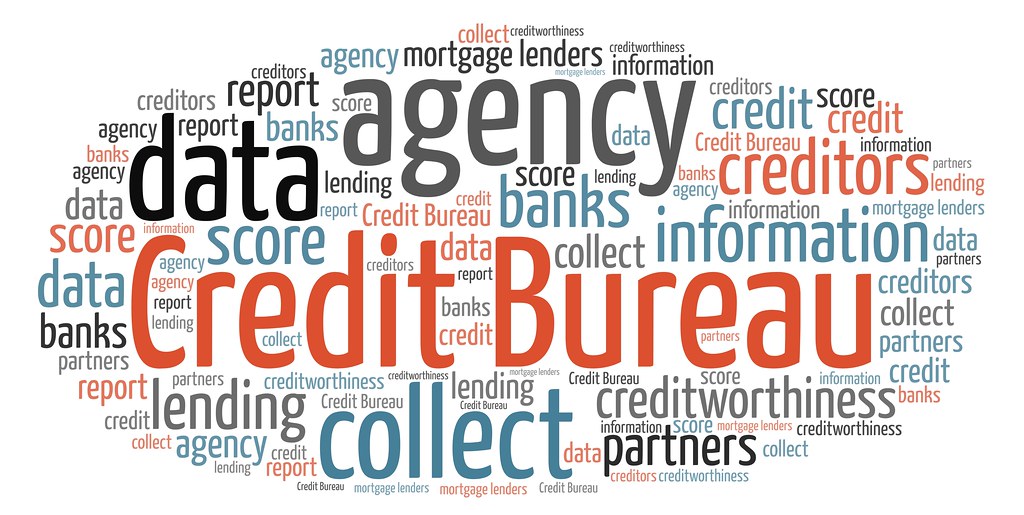Common Things That Improve or Lower Credit Scores
Many people believe that figuring out the things that improve or lower credit scores is quite challenging. However, that is not the case and it is rather simple. In most cases, credit scores range around 300 – 850. People use five critical factors for determining credit scores. In most cases, lenders analyze these score for gauging the chances of borrowers paying their debts back. Therefore, these scores tend to be one of the most important factors to determine whether someone qualifies for a loan.
As the financial profile of an individual changes, their credit score changes too. Therefore, knowing about the factors and account types influencing your credit score can help you improve it eventually.
Critical Factors that Improve or Lower Credit Scores
While the criterion every scoring model uses tends to vary, there are certain factors that influence credit scores. Let us discuss them.
New Credit
The amount of credit accounts recently opened by you, along with the hard inquiries made by lenders constitutes around ten percent of your FICO score. An excessive amount of inquiries and accounts increases risk, which could damage your score down the line.
Credit Mix
In most cases, people with good credit scores tend to have a diverse credit account portfolio. This often includes mortgage, student loan, credit card, car loan and various other financial products. Most credit scoring models take account types as an important consideration to gauge your ability to manage multiple credit products. Ten percent of your FICO score is formed by credit mix.
Length of Credit History
The period you have been holding credit accounts for makes fifteen percent of your FICO score. Credit history length includes your newest credit account’s age, oldest credit account’s age, along with their average. Having a long credit history will greatly boost your credit score.
Owed Amount
Credit usage (often represented by the credit utilization ration) is a critical factor that affects your credit score. For those wondering, dividing the overall revolving credit used by you with your total revolving credit limits helps determine credit utilization ratio. This ratio gauges the amount of credit you are utilizing to determine if you will be reliable with non cash funds. Creditors will not look at you favorably if you use over thirty percent of the available credit.
Payment History
Payment history is arguably the most critical factor affecting credit scores. Even a single payment is capable of negatively influencing your overall score. Banks and other lending organizations want to ensure that applicants are reliable enough to pay their debt on time when considering credit applicants. Payment history constitutes thirty five percent of your score in FICO.

Account Types that Affect Credit Scores
In most cases, credit files have information regarding 2 debt types, which are: revolving credit and installment loans. Since installment and revolving accounts maintain a record of payment and debt histories, they are important elements to calculate credit scores.
Revolving Credit
Generally, revolving credit is linked with credit cards. However, it can also contain a few forms of home equity loans. Revolving credit accounts come with a certain credit limit and you have to at least provide minimum monthly payments. These will be according to the amount of credit you used. It is worth keeping in mind that revolving credit typically does not have fixed terms and is capable of fluctuating from time to time.
Installment Credit
Installment credit often comprises of loans. In this type of account, the bank or credit organization lends you a fixed amount, which you agree to pay back in the form of monthly installments until you pay off the entire loan. Mortgages, personal loans and student loans are common installment accounts utilized by people.
Does Owning Different Credit Accounts Influence Credit Score?
Credit mix, which essentially means how diverse your credit accounts are, is arguably the most popular factor for calculating credit scores. Surprisingly, many consumers tend to overlook it. Maintaining different credit accounts like credit cards, personal loans and mortgage is an excellent way to show lenders that you are capable of managing numerous debts simultaneously. What’s more, it can help them gauge your finances and your ability to return the debt more clearly.
You do not necessarily have to create a diverse portfolio to impress credit organizations, as less diverse ones can also be enough, as long as your track record is good. As mentioned earlier, credit mix constitutes about ten percent of the FICO score you have and can greatly help you attain a high score.
Service Accounts – Do they improve or Lowe Credit Scores?
Many people are surprised to learn that service accounts like phone and utility bills aren’t included in their credit file automatically. Traditionally, the only way utility accounts impact credit scores is if someone fails to make their payments on time and a collection agency gets the account. However, this is quickly changing as there are revolutionary products like Experian Boost that enable users to receive credit for timely payments of their telecom and utility accounts.
Services like these work right away, letting users who meet their eligibility criteria see a decent increase in their respective FICO scores within minutes. With things like these helping people improve credit scores, more people will eventually start paying their telephone and utility bills on time.
Users can also link their online bank accounts with these platforms for identifying their bills. After verifying the data and confirming they want the payment added to the credit file, users receive an improved FICO score right away. While late telecom and utility payments don’t impact your boosted score, if a collections agency gets your account because of nonpayment, it will remain on your report for up to 7 years.
Things That Negatively Impact Credit Scores
There are plenty of things that improve or lower credit scores. You must especially pay attention to factors that negatively impact your credit score to avoid them. Here are some of the most common ones.
Missed Payments
As mentioned earlier, your payment history makes up a massive part of your FICO score. Even a single missed or late payment negatively affects your overall credit score.
Applying for too Much Credit within a Short Period
You will see a hard inquiry added to your credit file whenever a lender asks for your credit reports to make a lending-related decision. Inquiries like these remain in your file for a couple of years, which could lower your scores for some time. Lenders analyze how many hard inquiries borrowers have received to determine the amount of credit requested by you. The higher the inquiries (especially within a short period) the more the likelihood of the lender denying you new credit.
Account Defaults
Any type of negative information showing up on a credit report can negatively impact credit scores. This information includes things like settled accounts, charge offs, repossession, bankruptcy, foreclosure etc. Any of these can damage your credit for many years (could even last more than a decade).
Utilizing a Massive Chunk of Available Credit
More often than not, lenders view high utilization of credit as a red flag, as it shows the borrower being overly reliant on credit. Banks and other lending organizations calculate credit utilization by dividing the overall revolving credit amount you are utilizing by your total credit limit. Lenders consider credit utilization under 10 or 30 percent to be ideal.
Tips to Improve Credit Score Effectively
You can make massive improvements to your credit score once you can determine the reason why your current score is poor. Sure, this may require you to put in a great deal of effort and time, but creating responsible financial habits can improve your score down the line.
The best way to start would be to get a copy of your report to understand the contents of your credit file. After that, it would be best to pay attention to the factors negatively impacting your score and work on improving it. The steps mentioned below will help you make significant improvements to your credit score.
Identify and Dispute any Mistakes on Your Report
Do not make the mistake of assuming that credit reports are always one hundred percent accurate. Even the best credit organizations tend to make mistakes, which could cause your score to go down. Therefore, it would be best to steer clear from these inaccuracies by going through your credit reports in detail. If you spot any issues while you are monitoring your file, consider disputing it right away so it does not affect your score.
Limit Credit Requests for a While
Limiting the amount of times you request new credit is a surefire way to reduce hard inquiries. As mentioned abundantly, these inquiries on your credit file can greatly reduce your credit score for a year or two. Sure, their impact faces over time, but it would be best to avoid them altogether.
Do Not Procrastinate with Outstanding Payments
The last thing you want to do is make late payments. If you have due payments, ensure you bring to date, as doing so could prevent your score from taking a massive hit. The late payment info section in your credit file tells how late your payment was. The more time you take to pay, the bigger the hit your credit score takes.
Clear Your Debts
If you plan on decreasing the ratio of your credit utilization, lowering your credit card balance would be the best way to start. Many people believe that clearing your debt is arguably the quickest way to boost your credit score.
How to Get Credit Score if you do not have it
There are tons of people who want to build and establish their credit. However, they do not possess a credit score. If you are in the same boat, the options mentioned below will help you get started the right way.
Becoming an Authorized User
If your friend or family member owns a credit card, consider requesting them to allow you to use that card as an authorized user. Many people follow this technique for jumpstarting their credit. In a scenario like this, you will get a separate card along with spending privileges, which will be on the credit card owner’s account. More often than not, credit card issuers tend to report authorized card users to various credit bureaus. However, this is nothing to worry about, as long as the main credit card owner pays on time.
Acquiring a Secured Credit Card
You can use secured credit cards just like conventional credit cards. When signing up for a secured card, you will have to pay a security deposit. This is generally equal or close to your current credit limit. This is the only difference between secured and conventional credit cards. The deposit is there to safeguard the issuer in case the borrower ends up defaulting and makes them comfortable approving risky borrowers.
It would be best to utilize the secured card for making smaller purchases. Make sure you pay bills on time and in full every month to build and establish your credit the right way.
Final Thoughts
While we have discussed about the things that improve or lower credit scores, it is important to stress on a few reasons why your credit score matters. This is because the score shows how responsible you are when it comes to borrowing money. As mentioned numerous times, lenders use your score for determining whether you are a loan worthy candidate or not. The score also determines the terms of the lender’s financing options, which is why you must take your credit score seriously.
If you want to learn more about credit scores and the factors impacting them, it would be best to get in touch with a seasoned financial expert. Credit Follows has an experienced team of experts who can offer you detailed guidance about your credit score, ensuring you can improve it to become eligible for various financial products.
